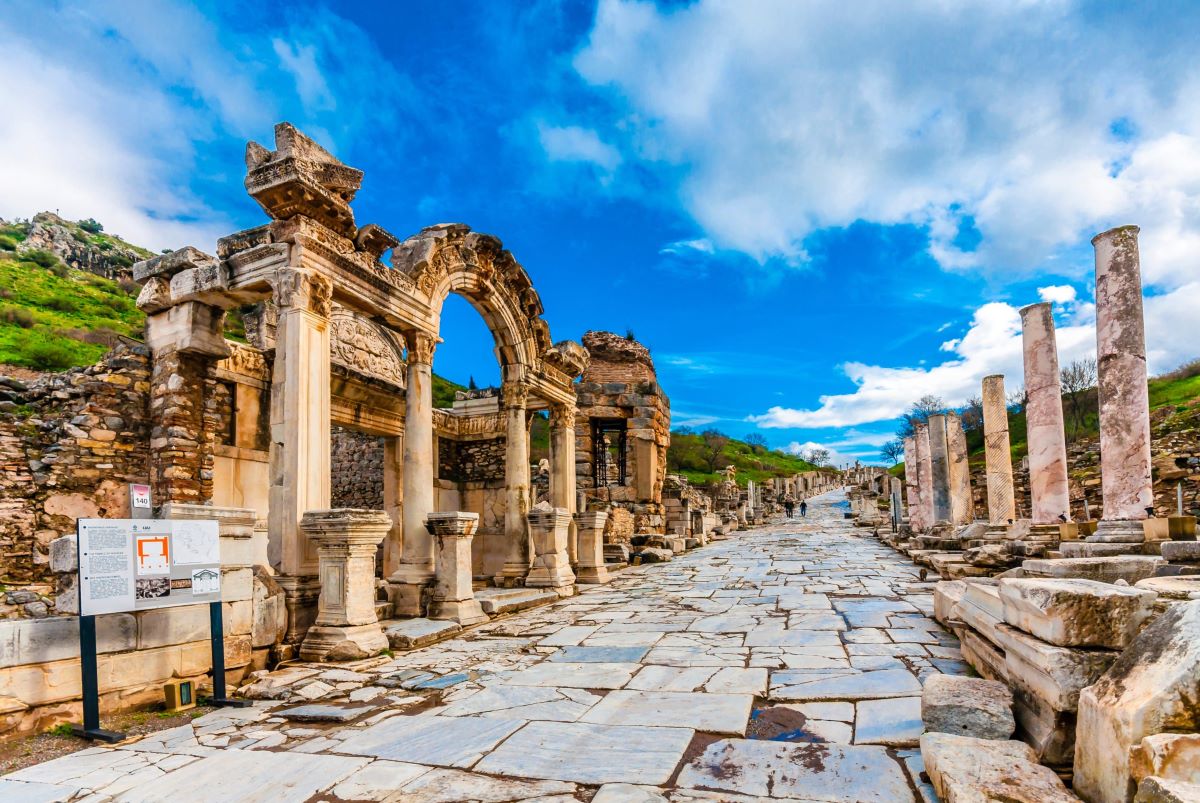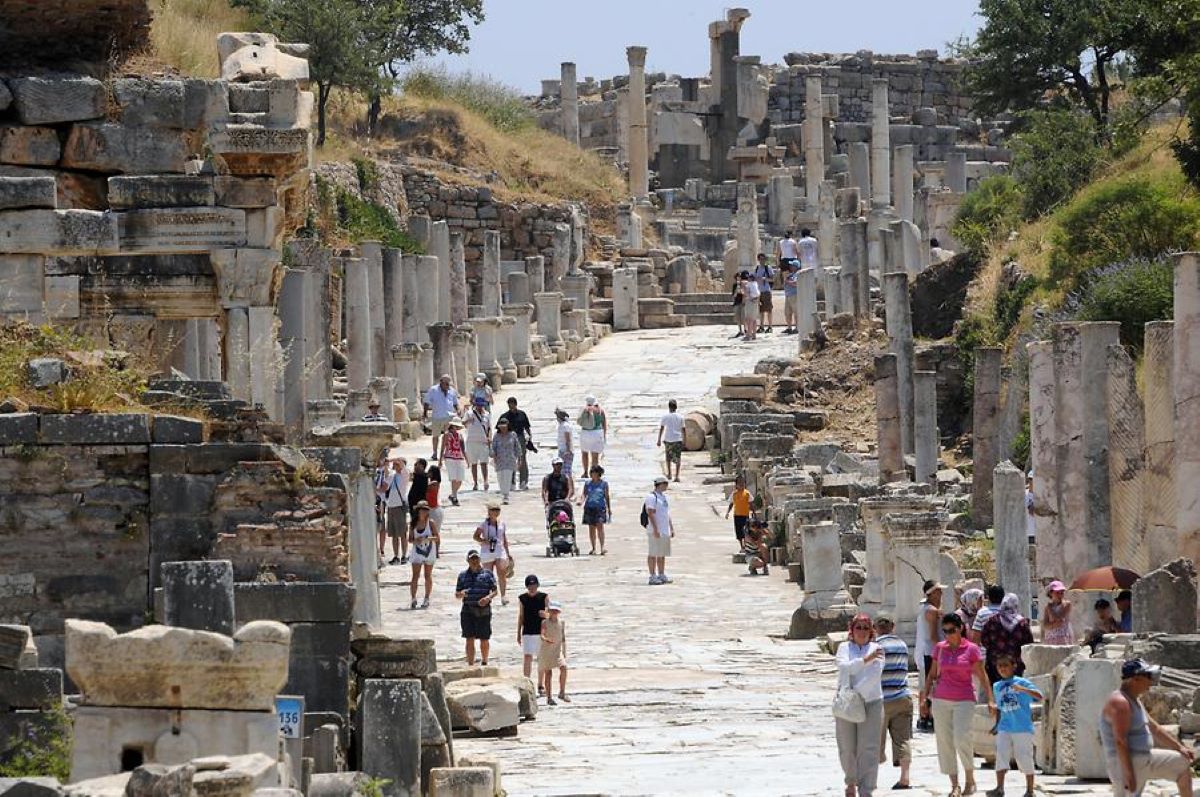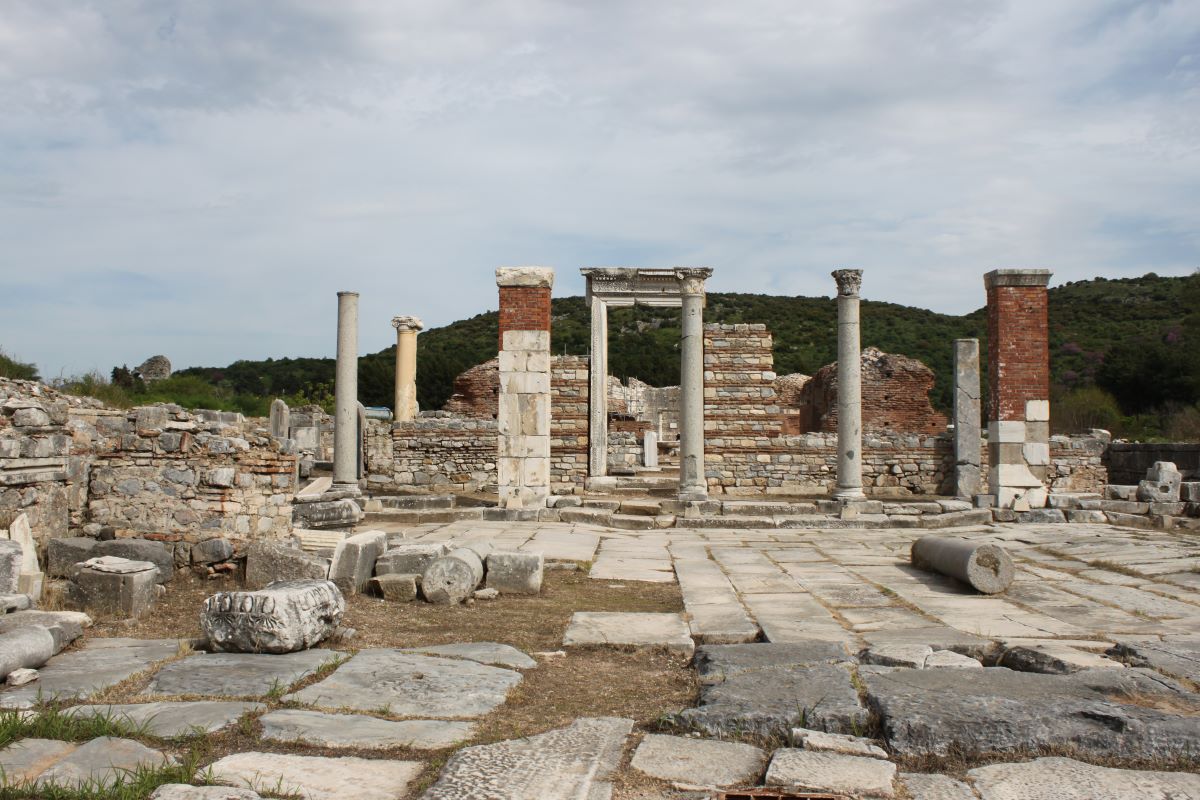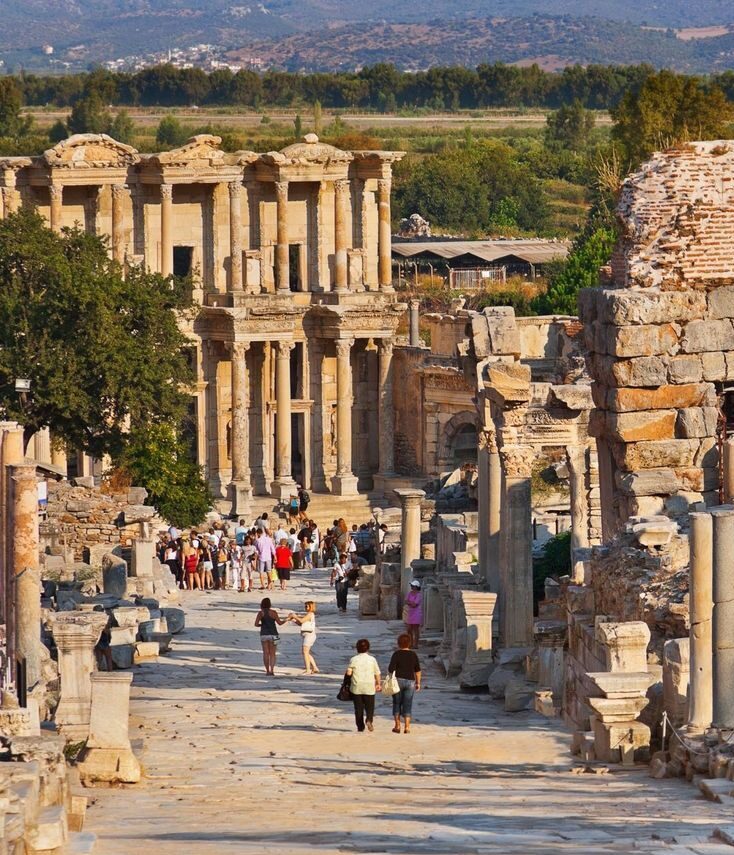The ancient city of Ephesus is a site of remarkable historical significance, with a…

Merchants and Traders of Ephesus: The Pulse of Ephesus’ Markets and Society
Merchants and traders were the driving force behind the bustling markets of Ephesus. They came from various backgrounds, including local merchants, foreign merchants, and even freed slaves who had risen to prominence through trade. These merchants and traders played a central role in the economic and social life of the city.
Local Merchants
Ephesus was home to a thriving community of local merchants who conducted trade within the city and its surrounding regions. These merchants were typically involved in local production and distribution of goods, such as textiles, metals, and agricultural products. They had a deep understanding of the local market and established close relationships with customers and suppliers, building a strong network of contacts within the city.
Foreign Merchants
Ephesus’s strategic location as a port city made it a melting pot of cultures, attracting foreign merchants from various parts of the Roman Empire and beyond. These foreign merchants brought with them exotic goods, ideas, and customs from their homelands, adding to the diversity of the city. They conducted long-distance trade, importing goods such as spices, precious gems, and luxury items from the East, and exporting local products to other parts of the Roman Empire and beyond.
Freed Slaves
Ephesus was known for its large population of slaves, who were often engaged in various forms of labor, including trade. Some slaves were able to gain their freedom and rise to prominence through their entrepreneurial skills in the marketplaces of Ephesus. These freed slaves, known as liberti, became successful merchants and traders, amassing wealth and social influence through their business endeavors.
The merchants and traders in Ephesus established extensive commercial networks and trade routes that connected the city to other parts of the Roman Empire and beyond. These networks facilitated the flow of goods, information, and ideas, contributing to the economic prosperity of Ephesus. Merchants traveled along established trade routes, such as the Via Ephesia, which connected Ephesus to other major cities in Asia Minor and beyond. They also established direct trade links with other port cities in the Mediterranean, such as Alexandria in Egypt, and Antioch in Syria.
The role of merchants and traders in Ephesus extended beyond the economic sphere. They played a significant role in shaping the social and cultural fabric of the city. Merchants and traders were not just businesspeople, but also patrons of the arts, sponsors of public projects, and participants in the local governance. They contributed to the construction of grand buildings, such as the Celsus Library and the Temple of Artemis, which were not only commercial centers but also cultural landmarks. Moreover, the influence of foreign cultures brought by foreign merchants influenced local customs and traditions, adding new dimensions to the city’s cultural landscape.
In conclusion, merchants and traders were the lifeblood of Ephesus’s markets, driving the economic and social growth of the city. They came from diverse backgrounds, established extensive commercial networks, and played a multifaceted role in shaping the social and cultural fabric of Ephesus. Their entrepreneurial spirit, business acumen, and cultural adaptability contributed to the prosperity and cosmopolitan character of Roman Ephesus.




This Post Has 0 Comments